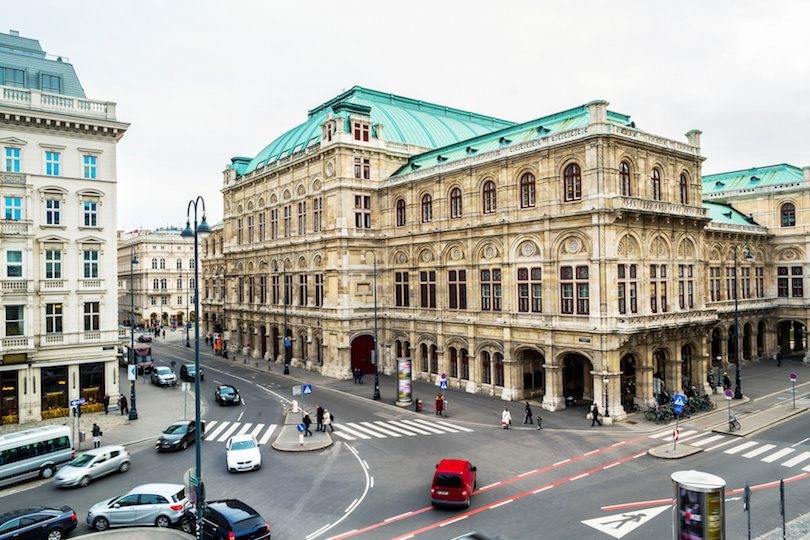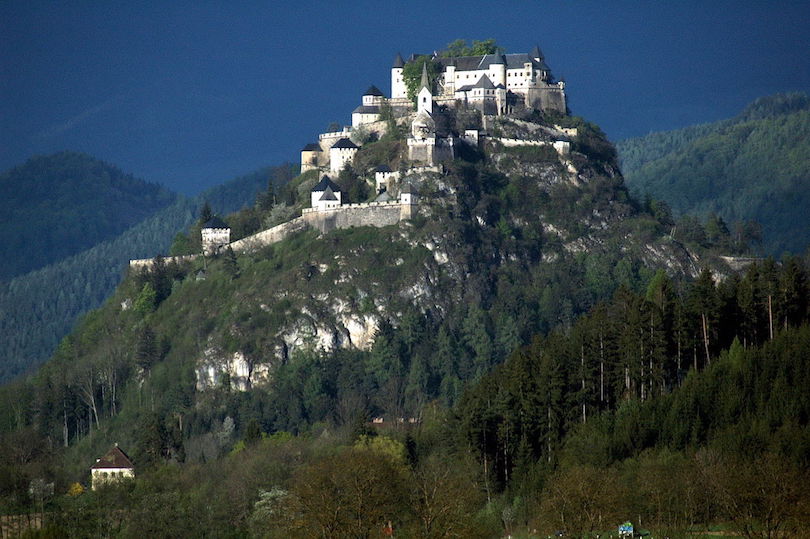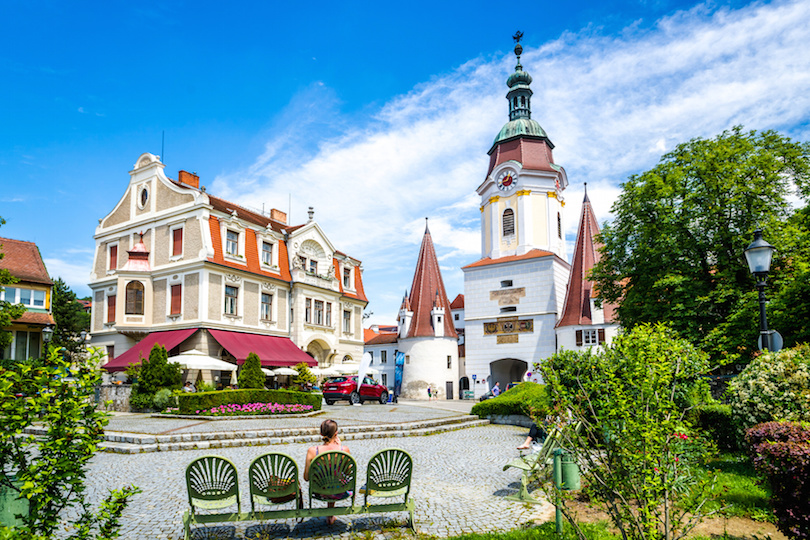2nd International Conference on polymer Chemistry Meeting & Hospitality
Address
The City
Austria is a landlocked country in south-central Europe that is mostly hilly. Despite Austria's full participation in the supranational European Union since 1995, it forms the so-called "neutral core" of Europe alongside Switzerland (EU).
Austria's significance may be traced in large part to its geographical location. It sits at the crossroads of European travel, connecting east and west over the ancient Danubian trade route and north and south through the spectacular Alpine mountains, entangling the nation in a variety of political and economic systems. This little country underwent more than a quarter century of social and economic instability, as well as a Nazi dictatorship, in the decades after the 1918 collapse of Austria-Hungary, the multinational empire of which it had been the heart. Nonetheless, the creation of permanent neutrality in 1955, together with the evacuation of the Allied forces who had occupied the nation since World War II's end, enabled Austria to evolve into a modern state.
A peaceful and socially progressive nation with a thriving cultural life reminiscent of its former international musical splendour Its social and economic institutions, too, have taken on new shapes and a cooperative spirit, and, while political and social difficulties persist, they have not exploded with the ferocity seen in other Continent nations. The ancient city of Vienna (Wien), the historical seat of the Holy Roman Empire and a city famed for its architecture, is Austria's capital



